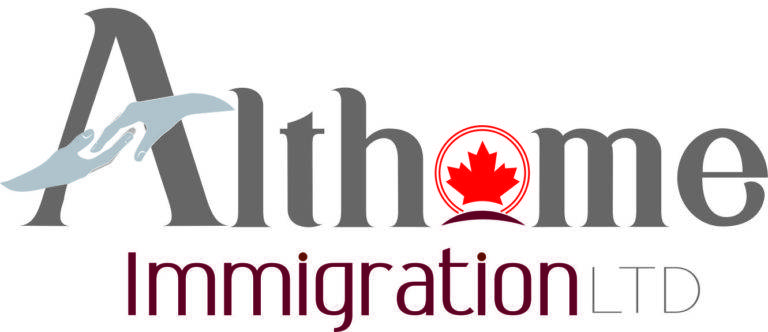Residents in six provinces throughout Canada will experience an increase in their hourly minimum wage rates. This development aligns with a schedule that was previously disclosed in April of this year. The following list provides details on the specific increments in hourly minimum wages for the six affected provinces, effective as of this past Sunday, October 1, 2023.
Ontario: Increased from $15.50 to $16.55.
Manitoba: Increased from $14.15 to $15.30.
Saskatchewan*: Raised from $13.00 to $14.00, with plans for another increase in October 2024 to $15.00 per hour.
Nova Scotia: Raised from $14.50 to $15.00.
Newfoundland and Labrador: Raised from $14.50 to $15.00.
Prince Edward Island: Raised from $14.50 to $15.00.
Gaining insight into the Canadian job market as a newcomer to this nation
The recent minimum wage increase on October 1st brings good news for newcomers to Canada, as this group has historically been disproportionately represented in low-wage jobs. Consequently, Canadian newcomers are particularly susceptible to exploitation by employers and misconduct from colleagues. It’s crucial for newcomers to Canada to recognize that their immigration status does not diminish their rights and protections as employees in this country.
Canada’s Labor Code establishes that all employed individuals in the country have the right to work in a safe environment and receive fair compensation for their work. Furthermore, employers have specific responsibilities towards their employees under the Labor Code.
These responsibilities include:
- Furnishing employees with job training.
- Offering “reasonable” healthcare services.
- Granting access to information detailing their employee rights.
- Supplying the employed individual with a signed copy of their employment agreement.
Canadian employers are also bound by a code of conduct concerning their treatment of employees. This code dictates that employers in Canada cannot:
- Compel workers to undertake unsafe tasks or tasks not explicitly stated in their employment agreement (including overtime work if it is not stipulated in the signed agreement).
- Require an employee to work when they are sick or injured.
- Confiscate an employee’s passport or work permit, alter or threaten to change their immigration status, or use deportation as a threat.
More on Employment Rights and Reporting Wrongdoings in Canada
As mentioned previously, Canada has established comprehensive standards to safeguard the rights of all workers, including foreign nationals working within the country. These rights are upheld by both federal and provincial/territorial labor laws.
Furthermore, the Canadian Human Rights Act serves as a crucial protective measure to ensure that discrimination on various grounds, such as gender, race, or age, is not tolerated in the workplace, applying to both Canadian employees and foreign nationals.
It is vital for individuals who experience misconduct to be aware that Canada provides safeguards to shield employees from adverse consequences when reporting such behavior within the workplace. Any inappropriate or improper conduct by an employer can be reported to the appropriate workplace health and safety office in the affected province or territory. You can find a comprehensive list of these offices here.
